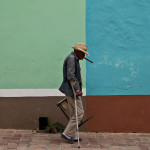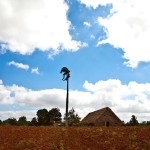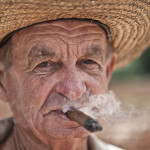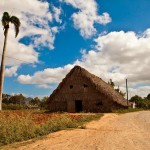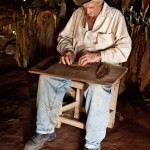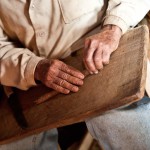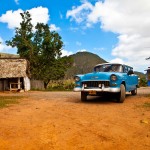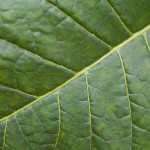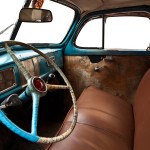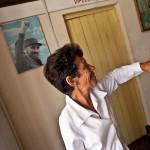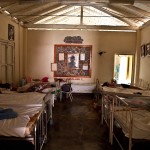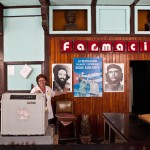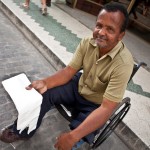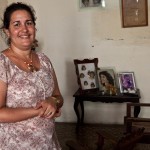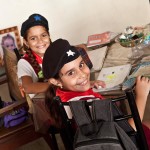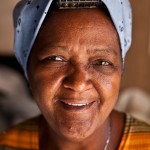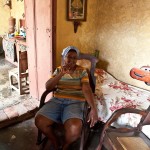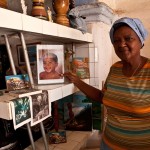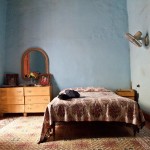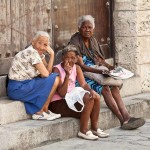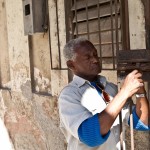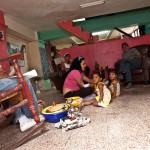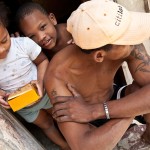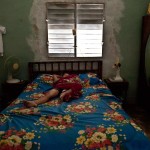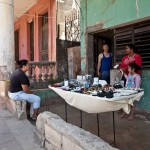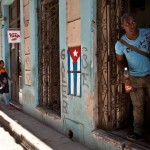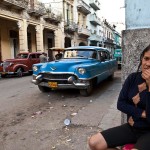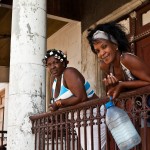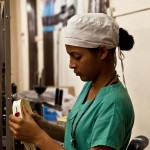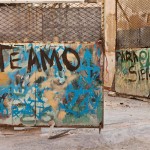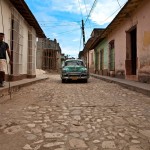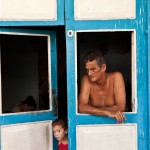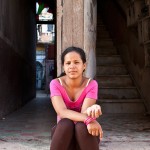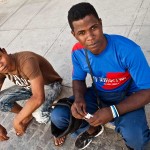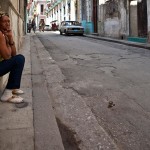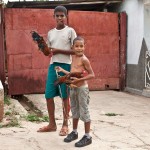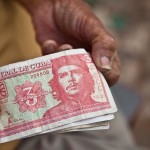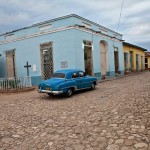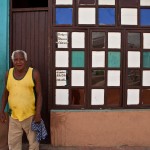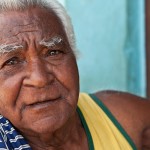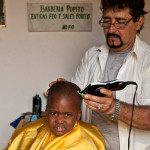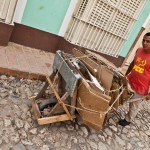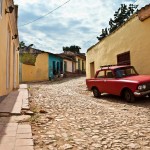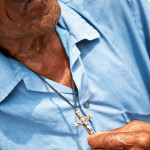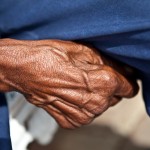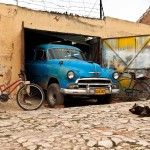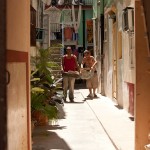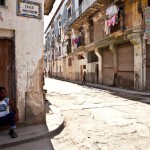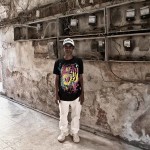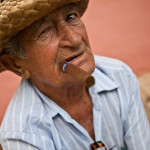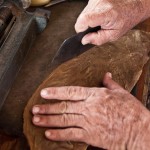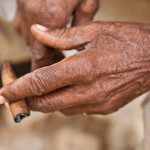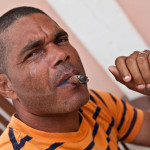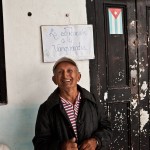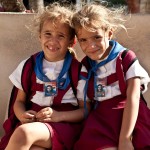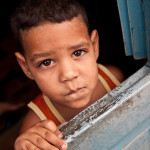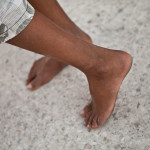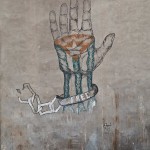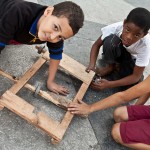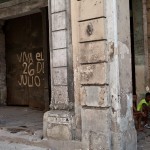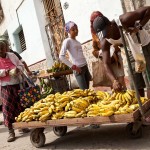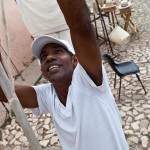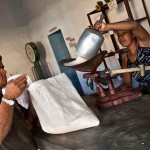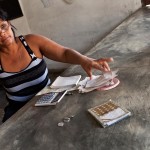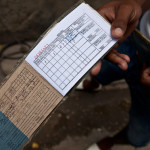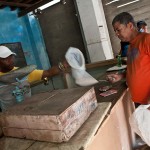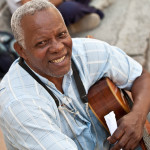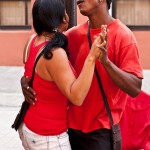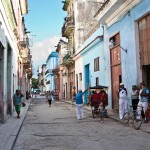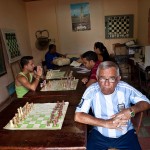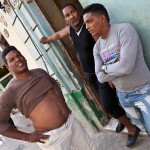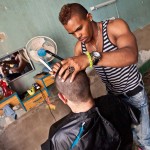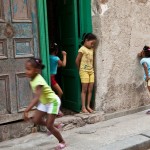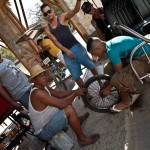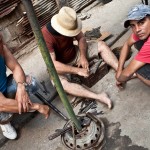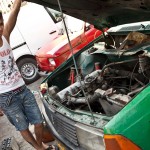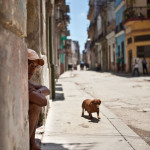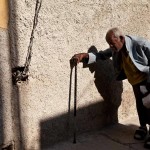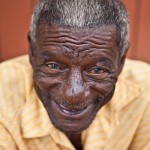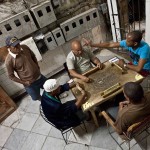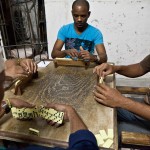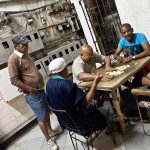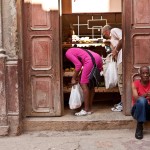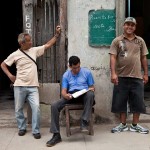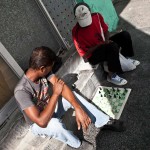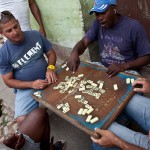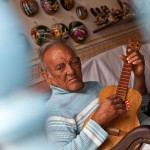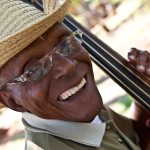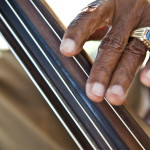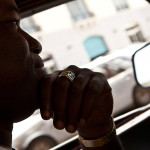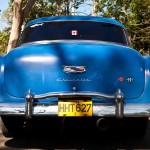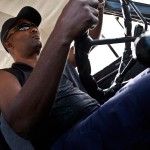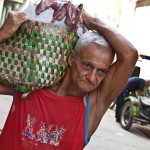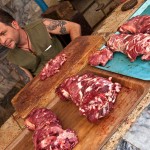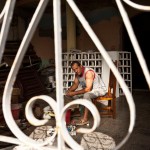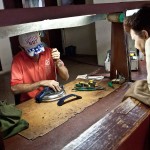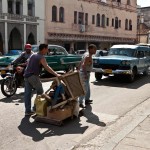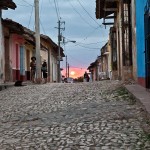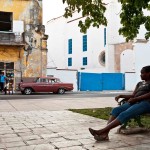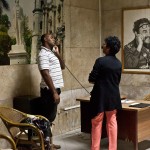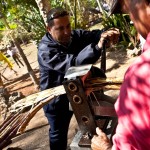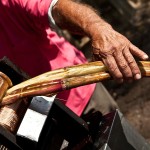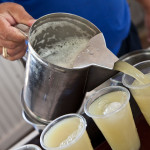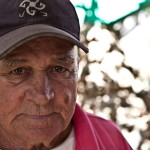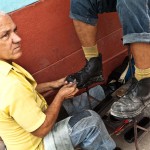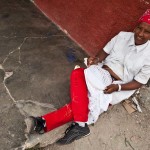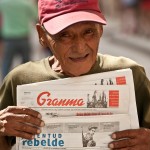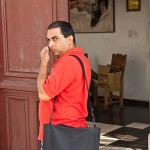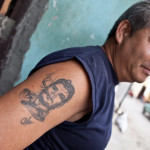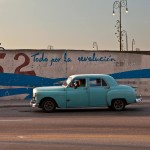Suave
Balmy, pleasing to the senses, so pleasant which infuses sweetness, calm.
These are the feelings I had during my experience on the island of Cuba.
A little knowledge of history..
After a failed attempt insurrection and a term of imprisonment, the lawyer Fidel Castro organized again in Mexico the fight against the dictatorship along with some volunteers, including the Argentine doctor Ernesto Guevara. The revolution began with the shipment of 82 people, who with a boat called “Granma” deplaned on the island, facing the army and escaping on the mountains of the Sierra Maestra. In this initial period they asked for and obtained the agreement of the population.
This allowed gingerly the establishment of a small army of people who faced the national one riding all over the island, until the decisive battle of Santa Clara, on the December 30th in 1958. On the new year’s day of 1959 Fulgencio Batista left Cuba stealing money from the national reserves. On the 1st January 1959 the rebels made their way to the capital without resistance, and on January 8th, Fidel Castro and the revolutionaries entered triumphantly in Havana.
The relations between the Cuban government and the United States were very conflicting right away. The Castro regime promoted a social and economic revolution and immediately he took charge of agrarian reform expropriating large estates and bringing together the farmers in cooperatives. The United States responded on the April 16th in 1961, when President John F. Kennedy put an armed landing of Cuban exiles on the shores of the Bay of Pigs to try to organize the counter. The failure of this attempt however caused Cuba political approach to the Soviet Union.
On the 25th April in 1961 United States decreed a total embargo against Cuba, forcing the island to be economically dependent by Sovietica. In 1961, in the middle of the Cold War, there was the installation of Soviet troops on Cuban territory and this fact caused the famous “Cuba Missile Crisis”. This event ended fortunately with a peaceful agreement between the U.S. president and Russian one, Nikita Krusciov.
During the seventies and the eighties Cuban military were involved in conflicts in Africa, supporting the governments of Angola and Ethiopia.
The crisis and the followed collapse of the Soviet system in 1991 has led to a severe economic crisis for Cuba. This period was named “Periodo especial”. During these years the people had to support very large economic efforts. In the following years to curb the problem some trade agreements were concluded with the organisation ALBA (Bolivarian Alternative para América Latina y el Caribe) a set of Latin American countries who have embarked on for the Caribbean island a slow recovery of trade and, in particular, the oil imports.
On the 31st July 2006, Fidel Castro for health reasons resigned from the position of secretary of Cuban Communist Party. Some of his duties were taken up by his brother Raul, who on the 28th February in 2008 was even elected president. In recent years several economic reforms have been approved and with them Cuban population has started to look towards new horizons.
Therefore the report wants to tell the faces and stories of a country that suffers from decades the decision of the U.S.A who damaged it economically preventing access to international markets through the embargo and because of it the effects in the everyday are evident. Despite this, or because of this reason, interpersonal relationships are more honest and true.
The simplicity of these people is disarming,they are always available to find a solution to your problem. I share an experience in Trinidad that I consider really meaningfull;
Some tourists had asked me politely if I could get for them an electric adapter. Unfortunately the shops were closed and without any fear I asked it to a passerby;
“No problem, now let’s see how to do!”
he exclaimed. He went to some houses in the square, he held a dialogue with the owners and one of them invited me to enter. Practically, using an old air fan, he built by his hand what I was looking for!
In 2006, after the worsening of the health of Fidel Castro, succeeded his brother Raul. Discrete economic openings more liberal have been undertaken by the successor of the Lider Maximo to encourage free enterprise.
For these reasons and many others I decided to call the book using the Spanish term, Suave.
I also produced a book of 120 pages containing the images with its contents. You can view it by clicking on SUAVE

